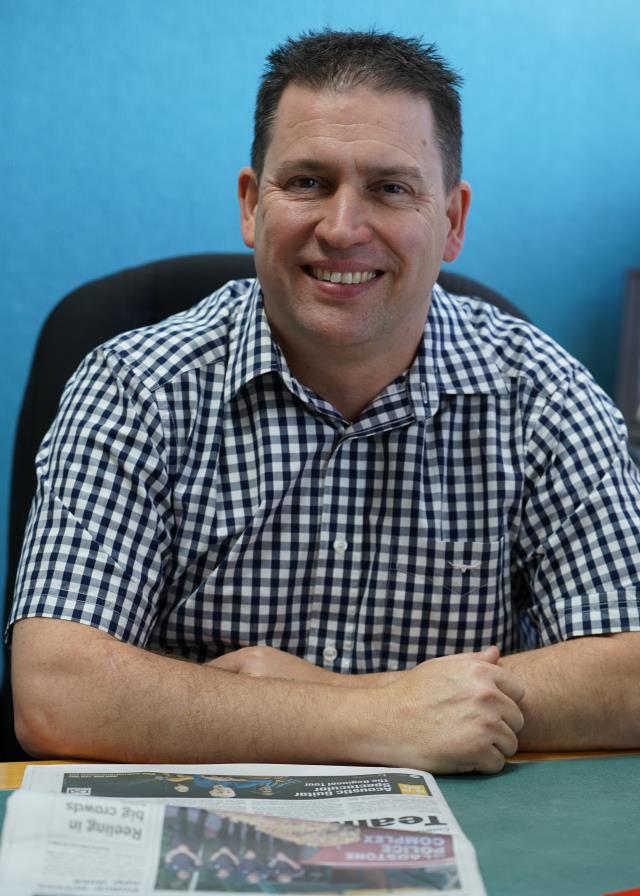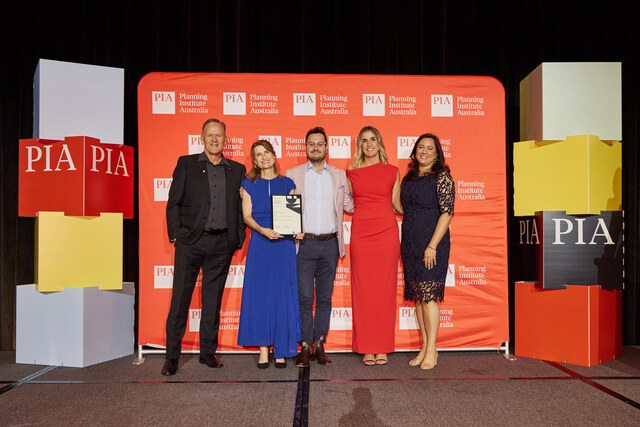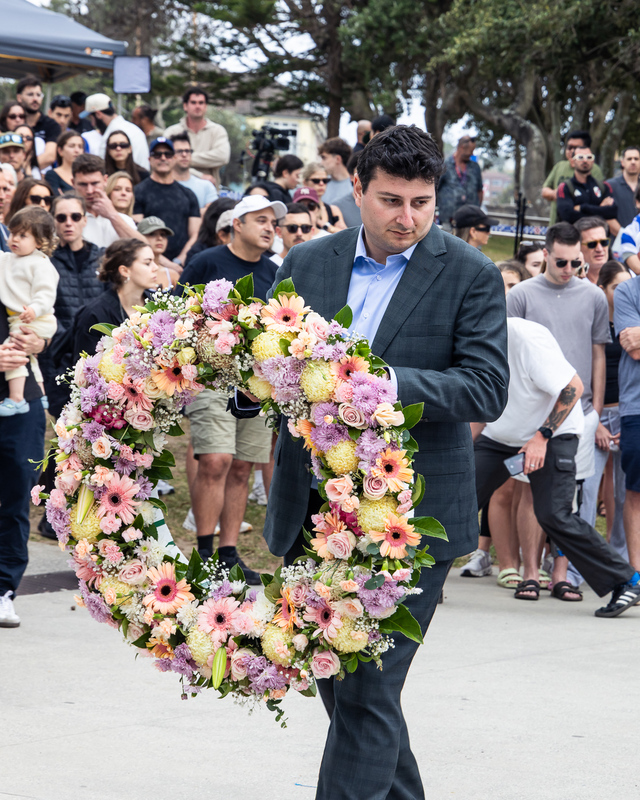The City of Casey’s two year old Peer Assessment Program is an innovation that strives to improve leadership behaviours. It was a finalist in the 2011 LGProfessionals Awards for Excellence. The program commenced by joining with the consulting firm Leading Teams, who worked with senior management to identify trademark behaviours for the leadership group to demonstrate.
The principle of the Leading Teams model is for employees to support each other to live the trademark behaviours and be their best. The key tool to provide accountability is the peer assessment process and its resulting action plans.
Facilitated groups of employees reach a consensus about their colleagues’ professional behaviours and performance. These groups then provide feedback to the employee on what they believe they should stop, start and keep doing, and then regularly review the employee’s action plan.
Council had identified that the potential for the Peer Assessment Program was broad.
Manager Human Resources Richard Frazer believed that Casey had the in house skills required to ensure that the program could be rolled out internally in a highly professional and effective manner internally. He identified eight senior staff as having the qualities to be trained as facilitators, and they took part in training provided by Leading Teams.
“On conclusion of this training the internal facilitators, independent of Leading Teams, then saw the need to tailor the process to the City of Casey’s particular requirements,” he said. “The program has been rolled out to the top four levels of management, and beyond, with over 100 individuals across the organisation receiving a peer assessment.
“Tracking and recording the action plans is the responsibility of the HR Department and HR officers alerting the in house facilitators, employees and their buddies about the next planned review or peer assessment, ensuring a sustainable and accountable program.”
The program has demonstrated a remarkable capacity for consistent, challenging and rewarding feedback throughout and across departments.
The pressure on the team of facilitators has been high, with two officers taking the bulk of the load. The implementation team is addressing this with training for another five facilitators underway and more to come.
There have been many challenges along the way, including the logistics of rolling out the program across four levels of management to more than 100 senior employees, managing the accountability of the program, consistently reviewing action plans, and managing the personal responses to sensitive feedback.
For further information contact Richard Frazer on (03) 9705 5200.








